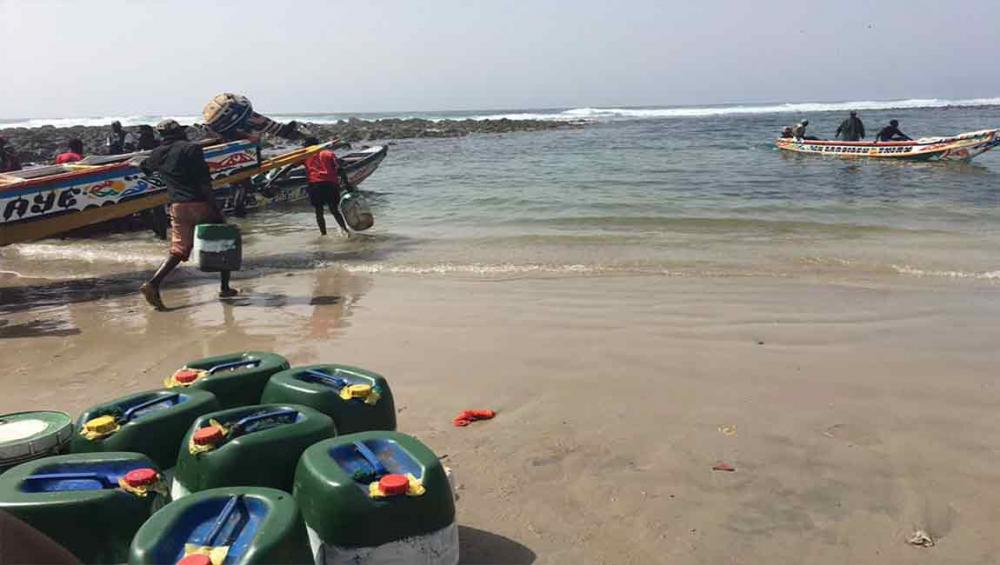Just Earth News | @justearthnews | 25 Aug 2017, 07:20 am Print

UN
“[It's] time for policymakers to take concrete action – ranging from legislation, technical capacity development and especially engagement with the fishing communities themselves – to make sure the guidelines are implemented,” said Nicole Franz, Food and Agriculture Organization's (FAO) lead officer on sustainable small-scale fishery issues.
Franz maintains that policy coherence – pursued through inter-ministerial collaboration on trade, environment, tourism as well as social and economic development issues – must be the keystone for protecting the rights and livelihoods of the often poor and marginalized people engaged in the world's small-scale fisheries.
The Small-Scale Fisheries Guidelines : Global Implementation offers more than 30 case studies ranging from Greenland to Zanzibar, and addressing diverse issues including gender and sustainable resource use.
While many small-scale fisheries use canoes carved from logs or stationary beach seine nets, such as the “rampani” that dot India's eastern coast, their practices are far from being relics of a bygone age. Indeed, they are usually well adapted to the ecological and social circumstances within which they operate.
The Small-Scale Fisheries Guidelines serves as an initial progress report on implementing the 2015-published Voluntary Guidelines for Securing Sustainable Small Scale Fisheries in the Context of Food Security and Poverty Eradication (SSF Guidelines ). Endorsed in 2014, it aims to bolster the livelihoods of the more than 100 million people working in the sector and increase their contribution to global food security and nutrition.
“It's going to be a long and windy path, but there are many entry points, so yes, we can do it,” stressed Franz.
Ways of life
One key issue for small-scale fisheries is tenure rights, which the guidelines stress must be designed from a broad human rights perspective that takes into account the local complexities of small-scale fisheries.
For example, in the Solomon Islands, tenure rules are based on customary principles, restricting the right to fish only to locals and strictly defining how they do it and even requiring that catches not be sold but used only for household consumption, barter or ceremonial purposes. These customs can put non-indigenous fishers at a disadvantage.
An emerging challenge is how to ensure continued access by small-scale fisherfolk to marine protected areas where, in some cases, all fishing is prohibited. The trade-offs between conserving marine resources on the one hand and protecting the livelihoods and food security of vulnerable communities on the other need to be carefully considered.
FAO is helping Costa Rica, a leader in creating biodiversity protection zones, to implement the SSF Guidelines through a novel approach that actively engages small-scale fishers – many of whom are poor migrants from the countryside – as partners in dialogue to allow them to use more marine resources in a sustainable way.
- Do not confuse food charity with ‘right to food’, UN expert tells Italians, labelling food system exploitative
- New UN agency projects to boost farming practices, improve farm animal health
- Conflict casts shadow on fight to end hunger in some regions – UN agriculture agency
- Thousands in DR Congo’s Kasais to benefit from UN food, nutrition efforts, but challenges remain
- UN agency helps farmers in Latin America broaden their market horizons






